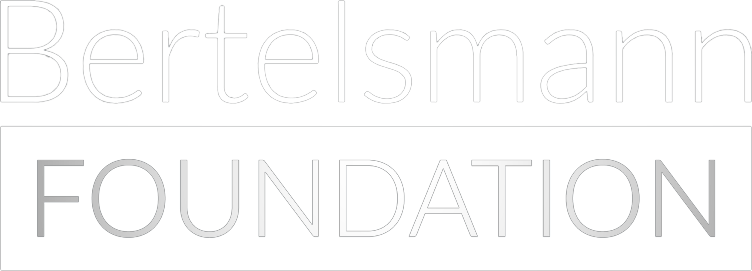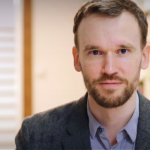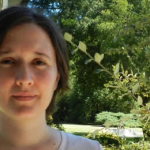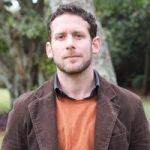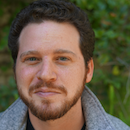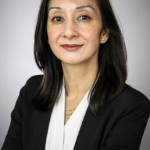83
What interventions are most effective in combating disinformation, including but not limited to preventative measures, regulatory responses, and citizen engagement (distinct from other algorithmic, corporate, and governmental responses)? How do we think proactively about how to prepare for mis/disinformation targeted at populations who are not yet online/mobile yet?
As certain types of disinformation rely on social ties for distribution and decoding, it would appear that algorithmic, corporate and governmental plans to combat disinformation might fall short, and, or, be undesirable if citizens are not central to this effort. Technological solutions that do not incorporate enhanced citizenship are bound to fail. Our recent research […]
79
Are there specific factors that make people more or less likely to consume and spread disinformation? Do those factors help us understand how people or groups can access and believe corrective information?
We know quite a lot about the characteristics and conditions that lead people to accept disinformation that supports their prior beliefs, but relatively little about when that disinformation "bends" them away from existing beliefs. We do not know, for example, whether building informational resilience requires countering disinformation across the board, or only countering disinformation within […]
48
How does disinformation contribute to online hate speech, radicalization and real-life violence? What are the factors that heighten the risk of disinformation resulting in hate speech, harassment, or violence? How do narratives target particular groups or lead to their silencing?
In the social media landscape in India, super-active trolls regularly spread misinformation regarding religious minorities, especially muslims. Many "influencers" with thousands of followers share such posts causing confusion even among normal users who were not-so-polarized to start with. See: https://www.thequint.com/news/webqoof/rohingya-crisis-how-misinfomation-rests-at-the-heart-of-the-issue & https://www.bbc.com/news/world-asia-india-53165436 There has been anecdotal evidence that YouTube's and Facebook's recommendation engines feed people increasingly […]
48
How can we measure the different sorts of effects of exposure to mis and disinformation and how can we identify the conditions under which mis/disinformation causes actual or potential harmful effects?
There is much talk about the threat of disinformation, but little that demonstrates how it affects peoples' decision making. Moreover, as it is a very big and diverse problem, being able to measure effects would help prioritize where resources need to be allocated for addressing it. Multiple evidence of online influence operations and problematic information […]
47
What types of cost and incentive structures could be applied to platforms to prevent them from profiting off mis/disinformation? And how can we create a business model that rewards platforms for reducing disinformation on their platforms?
The creation of quality information, research, investigative journalism, and data is costly to produce and distribute. Lies and disinformation cost nothing and can be distributed at unprecedented global scale at almost no cost. We keep playing whack-a-mole by accepting our information ecosystem as it is. If we can materially redesign our infrastructure and platforms, how […]
45
How can we monitor and address the spread of mis/disinformation that happens in closed messaging platforms?
Research on mis/disinformation often focuses on public/semi-public social media platforms such as Facebook and Twitter, and both discussions and solutions tend to refer to architecture (e.g. algorithmic recommendations) or content (e.g. moderation, fact-checking). Encrypted platforms such as Telegram and WhatsApp are more challenging to study and perhaps also potentially more dangerous insofar as information (and […]
43
What are the effects of disinformation on political opinion or behavior? How can these effects be measured, and at what point do these effects threaten democratic governance?
After the 2016 US elections, the discovery that Russian trolls were attempting to manipulate American voters provoked a lot of interest in misinformation — all on the assumption (without proof) that this attempt to manipulate was successful. People often argue that disinformation is undermining democracy and that we must control it in order to secure […]
31
What are the features and characteristics of disinformation campaigns that go viral or spread to other media? To what extent are these different from viral posts in general? Why do people believe mis/disinformation? What is the tipping point when a peripheral conspiracy theory becomes mainstream disinformation which makes a measurable social impact?
We seek to identify patterns that allow us to detect what content arising from disinformation campaigns ends up being disseminated by the media. We understand that some kind of content has an easier time crossing the barriers of basic verification of the media and ends up being propagated by the media. Understand what characteristics promote […]
28
What is the role of traditional media in amplifying disinformation? How have changes in traditional media markets globally affected the spread of disinformation?
It is clear that digital environments, such as social media, websites and even communication platforms such as WhatsApp, constitute social spaces where fake news are created about a wide diversity of issues and events, and are also easily disseminated. It is also a reality that fake news exposure can have negative effects for individuals and […]
23
What are the most pressing concerns related to mis/disinformation for vulnerable and marginalized populations? How can their experiences be better understood, and how do their experiences inform their reaction to misinformation?
It's tempting to ask how members of vulnerable and marginalized communities are impacted by mis/disinformation, but this misses a step. We need to take a step back and first ask where and how members of these communities themselves would like researchers and policymakers to look at the issues. Misinformation is often treated as "bad" information […]



